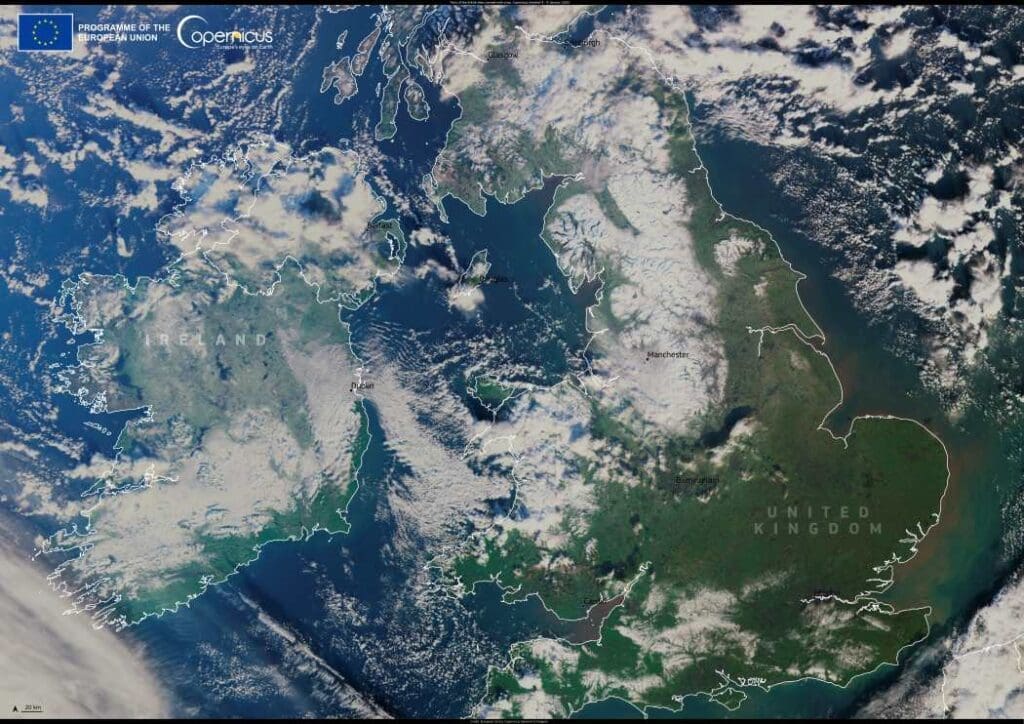by AFP Staff Writers
Sydney, Australia – Australia and Tuvalu said Thursday they have agreed to launch a landmark climate and security pact this year, after smoothing over the Pacific island’s sovereignty misgivings.
“We share an intention for the treaty to enter into force as soon as possible in 2024,” they said in a joint statement.
The 11-page treaty was hailed as a historic response to climate change when it was signed in November 2023, offering Tuvalu’s 11,000 residents the right to live in Australia if their low-lying homeland is lost to rising sea levels.
The pact also commits Australia to defending Tuvalu in the face of natural disasters, health pandemics and “military aggression”, but only upon its request for aid.
It is being pursued at a time of heightened concern among Western allies about China’s expanding security ties with Pacific island states.
But Tuvalu’s government had raised concerns about a clause saying it must “mutually agree” with Australia on any security or defence deal with other countries.
Despite those worries, Prime Minister Feleti Teo told AFP after taking office in February that he had no intention of revoking the deal.
In an “explanatory memorandum”, the two sides agreed that the clause reflected the depth of Australia’s security guarantee “and will be implemented in the spirit of respect and amicable consultation”.
“Tuvalu does not need permission from Australia before it starts to talk with other partners,” said the diplomatic note, which is not legally binding.
“Australia does not have unqualified rights of access to Tuvalu’s territory or airspace, nor the right to establish military areas in Tuvalu,” it added.
Treaty termination option
The memorandum said the defence and security clause would only apply in a “narrow set of circumstances” and would not affect deals with other Pacific island states.
If either side decided the demands were “unreasonable”, they could suspend the clause’s obligations or terminate the treaty by mutual agreement or unilaterally.
They also agreed the pact would not limit Tuvalu’s liberty to enter into diplomatic relations with other states.
Tuvalu is one of just 12 states that still have formal diplomatic relations with Taipei rather than Beijing.
The memorandum was hammered out during a visit to the island state by Australian Foreign Minister Penny Wong and Pacific Minister Pat Conroy.
Australia has also agreed to invest more than Aus$110 million (US$72 million) in Tuvalu for projects that include laying its first undersea telecommunications cable, protecting its coasts and replacing a patrol boat, the ministers said.
“Australia and Tuvalu are neighbours and friends. Australia’s support will help Tuvaluans to continue to live and prosper in their territory, retaining their deep, ancestral connections to land and sea,” Conroy said in a statement.
“We will continue listening and delivering on Tuvalu’s priorities to ensure the long-term prosperity of its people.”
Before the treaty enters into force, Tuvalu and Australia said they would submit it to further parliamentary scrutiny and public consultation.
djw/sft/dhw
© Agence France-Presse
(Featured image credit: Allexxandar – Freepik.com)




